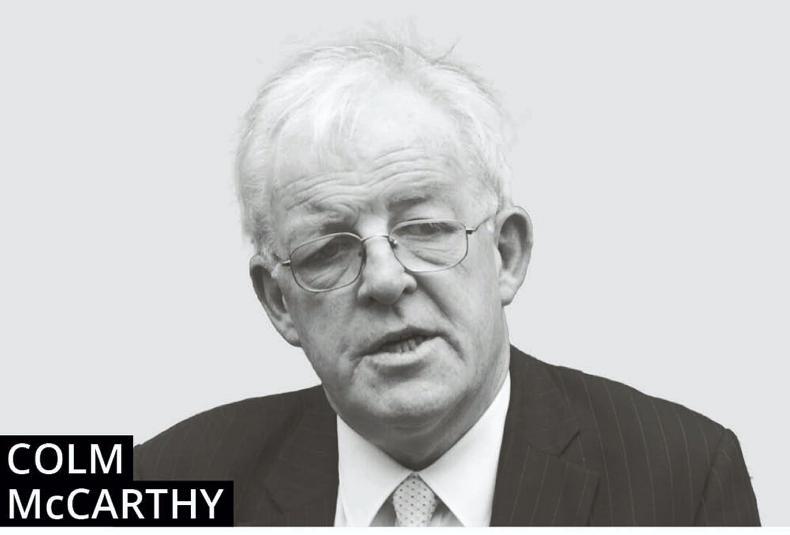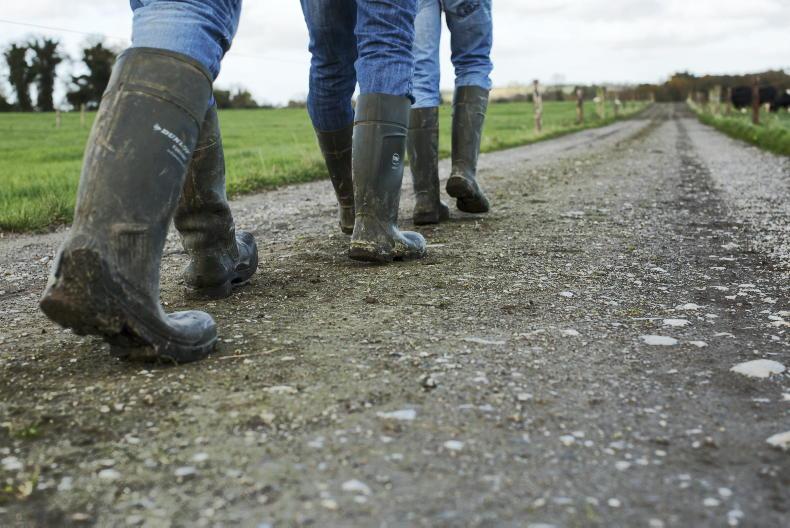Over the last few decades the travelling public in Europe have come to take low airfares for granted. Few people under the age of 40 can imagine that air travel was, until the European Union took a hand in the mid-1980s, largely the preserve of the well-to-do.
Each independent country had a flag, a brass band and a monopoly state airline, the essential badges of nationhood, and most people encountered air travel only as the glamorous backdrop for Hollywood movies.
Low-cost v state-owned
A succession of market liberalisation measures driven from Brussels eventually brought about the entry of low-cost airlines like Ryanair and easyJet, as well as the demise of state-owned carriers unable to adapt to the new environment.
Aer Lingus is one of the survivors, but Sabena of Belgium, Malev of Hungary and Olympic of Greece disappeared while others, such as Alitalia, limp along on government life support. Cheap and regular air travel is now within the reach of most citizens – a friend booked a day return to Paris last winter to buy lunch for his sister’s birthday and claims the lunch cost more than the flight.
Chicago Convention
He was surprised when I told him that airfares are too low and that the current situation is unlikely to last. There are two principal reasons – there is no VAT on airfares (unlike lunches in Paris restaurants) and there is no excise duty either on aviation fuel.
The reason is something called the Chicago Convention, agreed in the safety of the Windy City towards the end of World War II, when there was, for all practical purposes, no international passenger travel by air.
The assembled delegates solemnly agreed to rule out, forever, any taxes on international air travel. This was an easy decision to take in 1944. There were parallel agreements which ruled out taxes on international maritime transport (and marine fuel) which have also survived. Result: a significant slice of worldwide international transport by air and sea is exempt from indirect taxation.
Domestic transport by air and sea is small in most countries and enjoys favoured tax status too, under the influence of the bad example from the international treaties.
The costs
When you see a bargain fare of €99 return down to Spain or Portugal over the winter, there is no VAT and no excise duty on jet kerosene, about 30% of airline operating costs. If there was 23% VAT, as there is on other non-essentials, and even a modest carbon tax on fuel, your ticket would cost somewhere between €125 and €130. The new and booming European air travel industry has been the creature of market liberalisation, inflicted by the European Union on some less-than-enthusiastic members, but is also a beneficiary of that long-forgotten meeting on the shores of Lake Michigan three-quarters of a century ago.
The attendees surely did not foresee the growth in international air travel, nor could they be faulted for any failure to expect the current concern, supported by the best scientific research, about the threat of climate change.
In a well-governed world there is no rational basis for the exemption of the public’s spending on holidays from indirect taxes when far more essential items are hit for VAT.
There is equally no reason why the diesel or petrol in your tank costs double the figure for jet kerosene, mainly because of taxes. Per-litre emissions from jet kerosene, entirely untaxed, are roughly the same as from petrol or diesel.
Inevitable events
If you believe that sanity will eventually prevail (not a belief reinforced by recent experience in the UK or USA) then there are two inevitable events coming down the track for the aviation industry.
The first is a revision of the Chicago Convention, permitting action on the privileged taxation treatment of air travel. To be followed by a decision in countries like Ireland that, sorry folks, you are going to have to pay VAT on airline tickets, same as everything else.
Carbon tax for planes and ships
If there is a climate-preserving carbon tax on fossil fuel combustion in cars, then there will be a corresponding tax on fuel for planes and ships. This means higher air fares and a period of contraction in air travel. None of this is likely to happen soon. The capacity of politicians to postpone the future is well-established and European leaders have shown no willingness to engage seriously with the diplomatic challenge of revising the aviation and maritime treaties. But there is a fall-back source of optimism about their future behaviour.
The clock is ticking on climate change and all the daft evasions will eventually have to be abandoned. When reality intrudes airfares will increase and demand will fall. Fares may not rise to the unaffordable levels of 40 years ago but rise they will, and there will be fewer birthday lunches in Paris.









SHARING OPTIONS